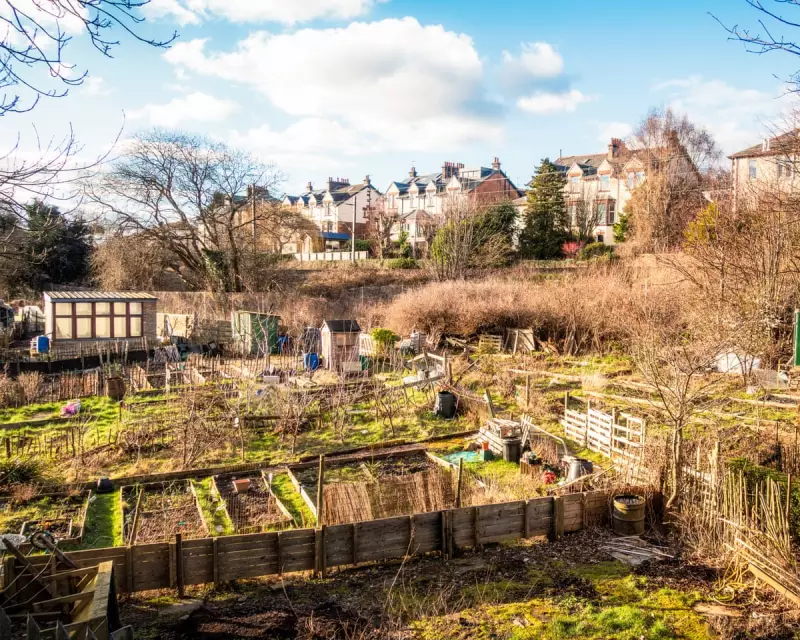
Forget the therapist's couch or the pharmacy counter. For a growing number of Britons, the answer to modern anxieties lies at the end of a muddy path, behind a rickety gate. Britain's allotments, those cherished patches of green, are being hailed as an unexpected but vital safe haven for mental health and community spirit during periods of profound national crisis.
A powerful new study, corroborated by the firsthand accounts of gardeners across the UK, positions these spaces as far more than just a source of fresh vegetables. They have become a critical refuge from the relentless pressures of the cost-of-living squeeze, political instability, and the lingering effects of global pandemics.
More Than Just Growing Greens
The research highlights a multifaceted role for allotments. They are not merely hobbies but active contributors to food security, allowing families to supplement their diets with affordable, home-grown produce as supermarket prices soar. This practical benefit is intertwined with a deeper, psychological one: the act of cultivating the earth provides a tangible sense of control and accomplishment in a world that often feels chaotic.
A Prescription of Peace and Quiet
For many, their plot is a sanctuary of silence and solitude. It’s a place to digitally detox, escape the 24-hour news cycle, and engage in mindful physical activity. The rhythmic nature of sowing, weeding, and watering acts as a form of moving meditation, reducing stress and anxiety.
"You can't worry about your bills when you're focused on getting a row of carrots straight," one gardener was quoted as saying, encapsulating the therapeutic distraction the gardens provide.
Sowing the Seeds of Community
Perhaps the most significant finding is the role allotments play in combating loneliness and building resilient community networks. These sites are vibrant social hubs where knowledge, seeds, tools, and even childcare are freely shared. They foster intergenerational connections and a powerful sense of belonging, creating a support system that extends well beyond the garden fence.
This community aspect has proven especially vital for those living alone or struggling with isolation, offering a low-pressure, regular point of human contact.
As one long-term plot holder noted, the allotment represents a simpler, more sustainable way of living—a tangible connection to the land and to each other that many feel has been lost in modern Britain. In an era of multiple crises, these patches of earth are quietly doing the work of therapists, community centres, and food banks all at once.





